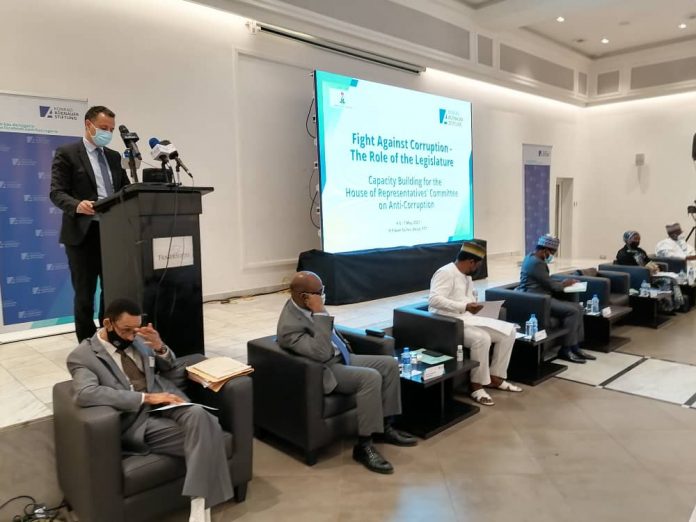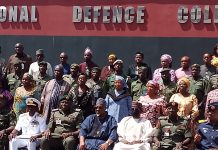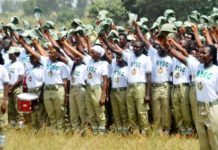Konrad Adenauer Stiftung (KAS), on Thursday, said that the endemic corruption in Nigeria could be attributed to the current challenges facing the country.
Resident Representative of KAS in Nigeria, Dr Vladimir Kreck, made the statement during the opening of a two-day capacity building for the House of Representatives Committee on Anti-Corruption in Abuja.
The seminar was titled: “Fight against Corruption: The Role of the Legislature.”
Kreck noted that the country faced immense challenges despite the billions of dollars that it generated from the oil and gas industry.
“Nigeria could be one of the richest countries in Sub-Saharan Africa. Yet, the country faces immense challenges.
“Extreme poverty, insecurity in large parts of the country, a weakened economy, a wrecked infrastructure, are all part of everyday life in Nigeria.
“The endemic corruption, which has been depriving the country of the resources it needs to develop, is largely to blame for the current state of affairs.
“In this light, the fight against corruption is one of the biggest challenges that Nigeria faces today,” he said.
He said war against corruption was the key to development.
According to him, the role of the legislature is not to be underestimated.
Krech said it was the assignment of the National Assembly not only to set the legal framework for an effective fight against corruption, but to also put a successful oversight in place to uncover corrupt forces in the government with the aim of supporting President Muhammadu Buhari’s commitment to eradicate corruption in the country.
Corroborating Kreck’s statement, Prof. Bolaji Owasanoye, Chairman, Independent Corrupt Practices and Other Related Offences Commission (ICPC), said “corruption is Nigeria’s greatest challenge and is directly associated with national security challenges, current economic decline, poverty expansion and reduced life expectancy,” among others.
He described corruption as the enemy of development and good governance.
He said the thoughtful theme was incisive and called to mind the front-line role that the legislature played within the scheme of the country’s constitution.
“The legislature is the ultimate guarantor of democracy, good governance, accountability, transparency and openness in public affairs,” he said.
Danladi Umar, Chairman, Code of Conduct Tribunal (CCT), said the fight against corruption cannot be over emphasised.
He said the workshop would help to strengthen the war against corruption.
Also speaking, the Chairman, Code of Conduct Bureau (CCB), Prof. Muhammad Isah, represented by Fatima Ahmed, said corruption undermined the credibility of public sector and impacted negatively on development.
The House Committee on Anti-Corruption Chairman, Rep Shehu Garba, said everyone knew the dynamics of corruption, hence, “we need to try every available means to tackle it.”
Garba, who was represented by Rep Musa Bagos, noted that the capacity building would help to broaden the knowledge and knowhow of the participants besides assisting in institutional growth.













